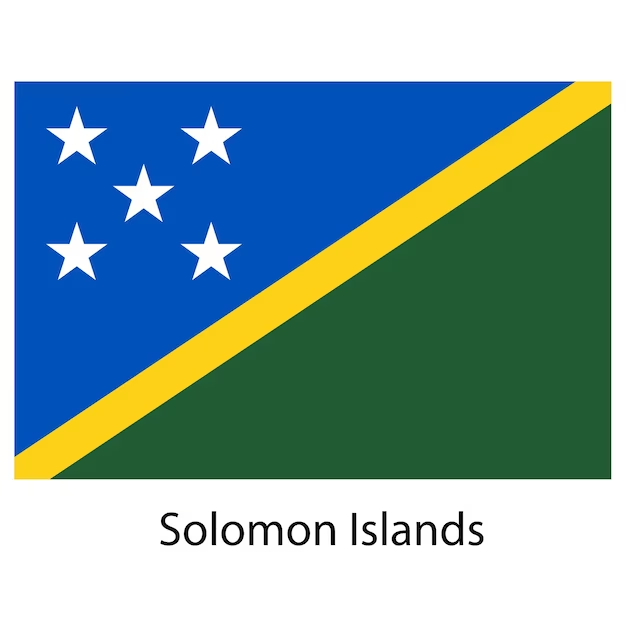nagoyasuzukiamerica.com – The Solomon Islands, a nation in the South Pacific, faces significant economic challenges due to its heavy reliance on foreign aid and remittances. This dependence has profound implications for the country’s economic stability and development.
Foreign Aid: A Lifeline for Development
Foreign aid plays a crucial role in the Solomon Islands’ economy, accounting for over 60% of its development budget. This high level of aid dependency is a double-edged sword. On one hand, it provides essential funding for infrastructure, health, education, and other critical sectors. On the other hand, it creates a cycle of dependency that can hinder the development of self-sustaining economic practices.
The United Nations has highlighted the need to break this cycle of aid dependency, urging the Solomon Islands to diversify its economy and reduce its reliance on external funding. However, achieving this goal is complex and requires significant policy reforms and investments in local industries.
Remittances: A Vital Economic Input
Remittances from Solomon Islanders working abroad are another critical component of the country’s economy. These inflows provide a steady stream of foreign currency, which is essential for the local economy. However, the volatility of remittances can pose risks. For instance, during the second quarter of 2020, remittances to the Solomon Islands dropped by 67.5% compared to the same period in 2019, highlighting the economic vulnerability associated with this dependency.
The Solomon Islands Country Monitor on Migration and Remittances underscores the importance of remittances in the country’s economic landscape, noting their significant contribution to household incomes and overall economic stability.
Economic Diversification and Challenges
The Solomon Islands’ economy is relatively small and faces numerous challenges. The country’s economic activities are limited to a few sectors, including fishing, forestry, and agriculture. Additionally, the issuance of fishing licenses to foreign vessels and the sale of stamps contribute to the national revenue.
Efforts to diversify the economy have been ongoing, but progress has been slow. The government has implemented various development measures, but the impact of these initiatives has been limited by the global economic environment and internal challenges.
Conclusion
The Solomon Islands’ economy is heavily reliant on foreign aid and remittances, which are vital for its development and stability. While these inflows provide necessary support, they also create vulnerabilities and dependency. Addressing this issue requires a comprehensive approach, including economic diversification, policy reforms, and sustainable development strategies. The international community and local policymakers must work together to help the Solomon Islands build a more resilient and self-sufficient economy.
